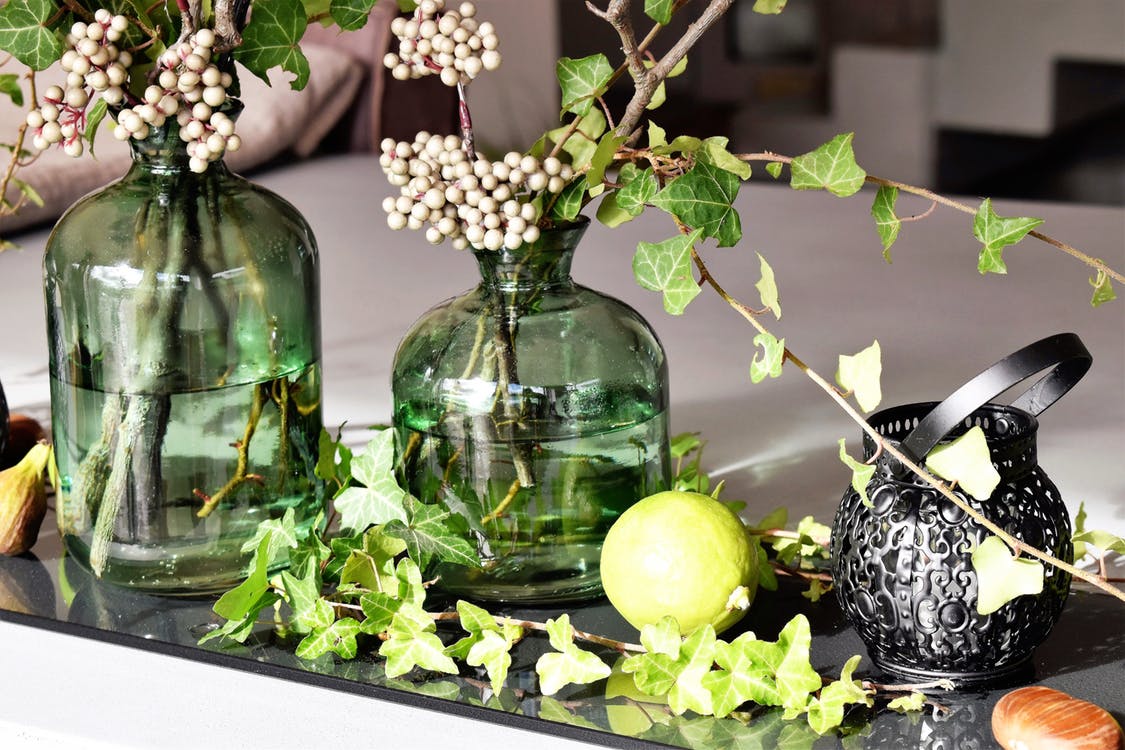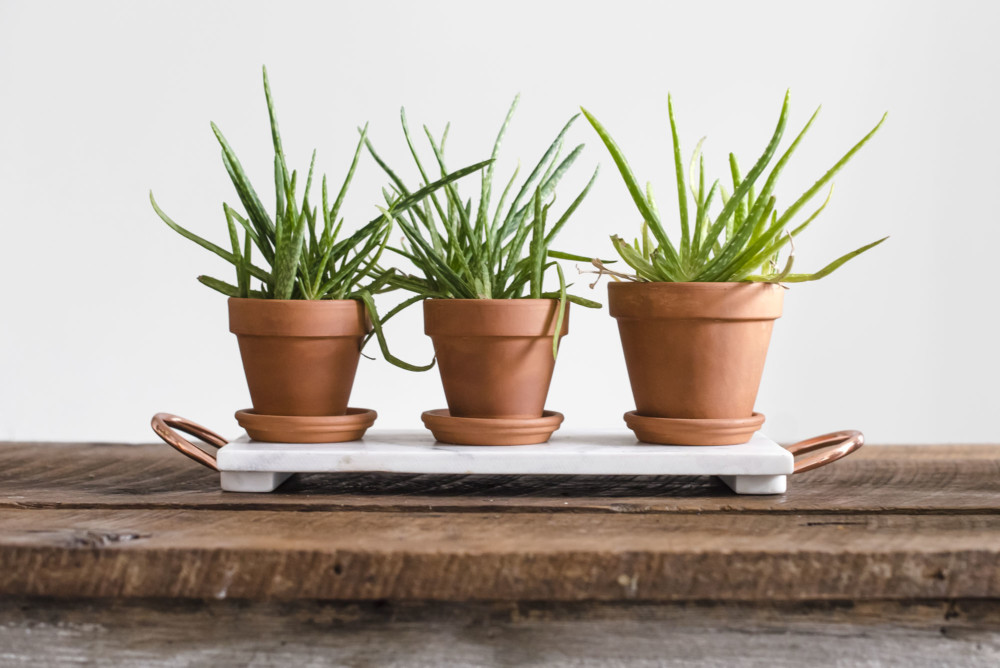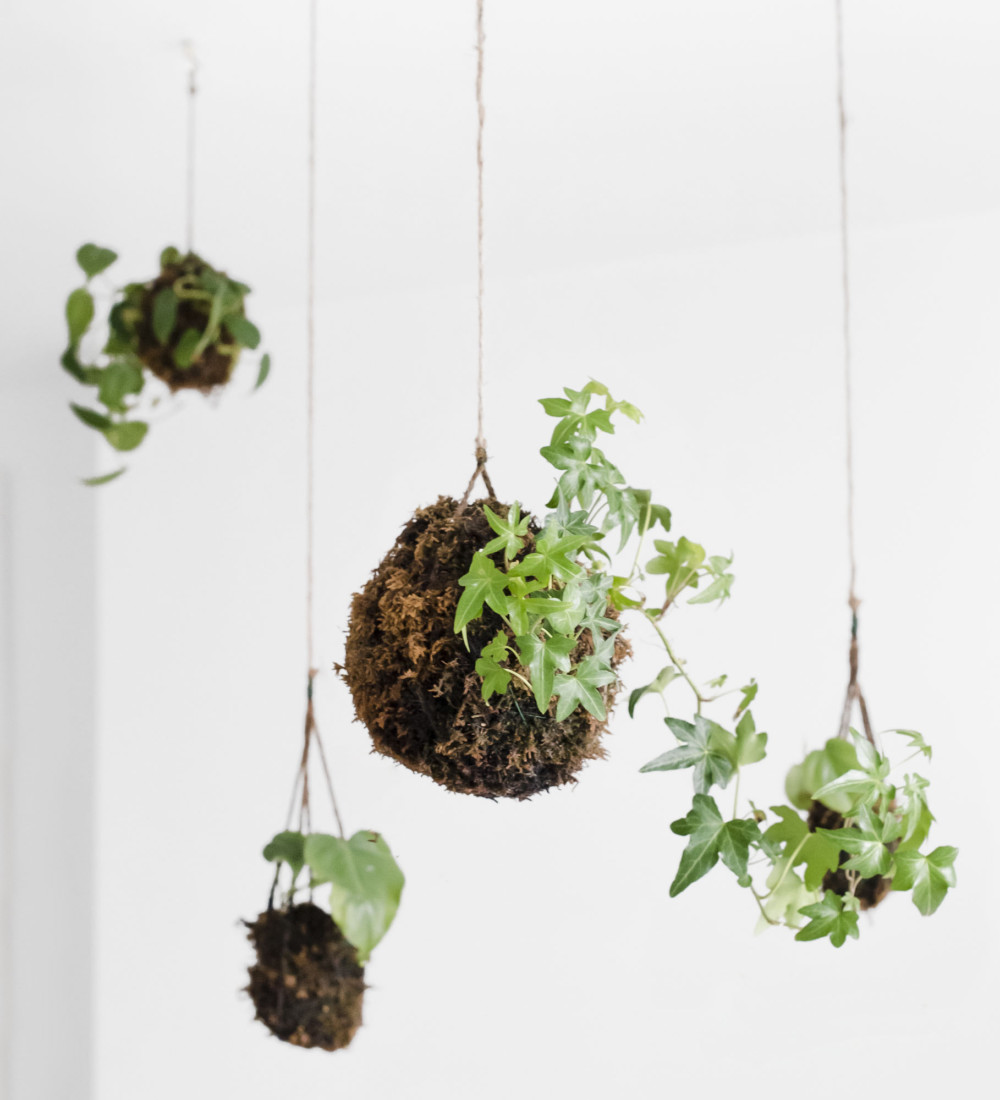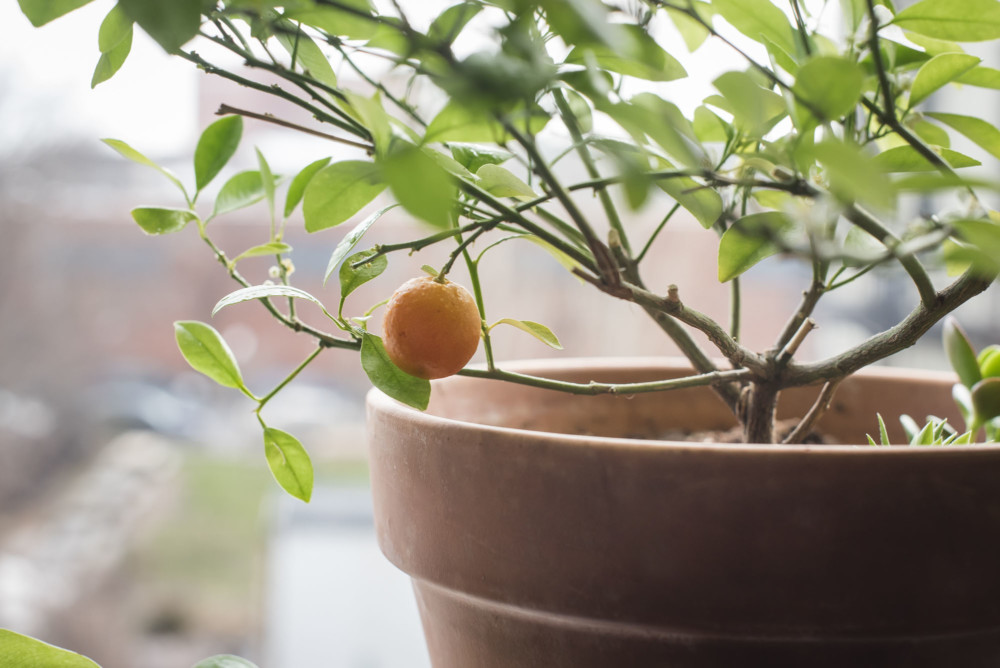The original article previously appeared on Garden Collage.

In uncertain times, it is normal for our attention to shift to the “bigger picture.” Large-scale issues in current politics, social and economic concerns, and the environment dominate our thoughts, and it’s easy to feel overwhelmed, particularly if we are taking action, participating in democracy, and working to create change. It is all too easy to neglect self-care, or even see it as selfish, when the world at large seems to be hurting so much–but it is equally vital for us to take care of our bodies and minds. In order to engage in the world in a direct and practical way, it is essential that we stay healthy and grounded.
Some of the most dangerous threats to our health, such as chronic inflammation, higher levels of the stress hormone cortisol, and decreased rates of neurogenesis, can be reduced by lowering stress levels. You might think: easier said than done, but there are endless ways to do so, some of which are surprisingly simple.

Countless studies have shown that human beings are healthier and less stressed when they are in close proximity to a plant: houseplants, science shows, increase general wellbeing and happiness.
1. They Clean The Air
On a purely physical level, plants remove carbon dioxide from the air and replace it with oxygen, improving our indoor air quality. Certain plants are capable of removing heavy metals and other toxins like formaldehyde from the air. They also release water vapor through a process called transpiration, which can act as a natural humidifier and remedy for dry skin, sore throats, and dry coughs. A study of patients recovering from abdominal surgery even showed that those who had plants in their hospital room needed less medication and recovered more quickly. Orange Tree, Chinese lace trees, succulents, philodendron, and aloe vera are all great, low-maintenance, non-allergenic options.

2. Houseplants Reduce Anxiety
Naturally, the physical effects of these benefits translate into psychological ones. When oxygen levels increase, a person’s anxiety levels are reduced. Research has shown that anxiety and depression are linked to higher levels of toxins present in most households and that these conditions can improve when an air-cleaning plant is introduced into the environment. Potted lavender is an easy choice that comes with the added benefit of aromatherapy built in.
3. Soil Contains “Outdoorphins”
New research has shown that microbes in soil called M. vaccae, or “outdoorphins,” boost mood and reduce stress levels. Although a walk in a natural setting or a gardening session would offer the most exposure to these microbes, simply being near soil in a plant pot may have a similarly helpful effect. Even though many of us are removed from “wildness,” the simple act of bringing a plant into our house or workspace can re-ignite a sense of belonging to the natural world that is impossible to artificially replicate.
4. They Release Mood-Boosting Compounds
Plants release natural chemical medicines into the air called phytoncides. These phytoncides are emitted by plants as a defense against diseases and can be effective at boosting human immunity and protecting us from harmful germs. They’re also responsible for the pleasant aromas of essential oils, and for the healing qualities of aromatherapy.

5. They Provide a Sense of Purpose
Studies have also shown that the simple, mutually giving relationship between a plant and its human caretaker fosters positive feelings of empowerment. Essentially, being responsible for a plant’s wellbeing can boost a person’s confidence. This is the theory operating behind the practice of horticultural therapy, in which patients engage in gardening and plant-based activities as a method for learning and healing from mental illness. Taking care of a plant requires a certain degree of mindfulness and attention, but is also forgiving, making it easy to take care of and nurture successfully.
Incorporating houseplants into our living space may seem like a small change, but it can be a surprisingly powerful complement to a holistic self-care practice. If we can stay in touch with small realities that remind us of who we are and where we came from, we can navigate this contemporary world that often feels overwhelming.
- Plus, houseplants are just plain nice to look at. So go head to your local nursery and buy yourself some greenery–you (and your bedroom) deserve it!
Do you have houseplant in your home?
Also by Garden Collage: 4 Enchanting Ways to Add More Flowers to Your Life & Revive Your Spirit
5 Strong Women Giving Voice to Environmentalism *and* Female Power
Related: Green House: How to Build an Indoor Garden
Get more like this—Subscribe to our daily inspirational newsletter for exclusive content!
__
Photo: Pexels, Andreana Bitsis




